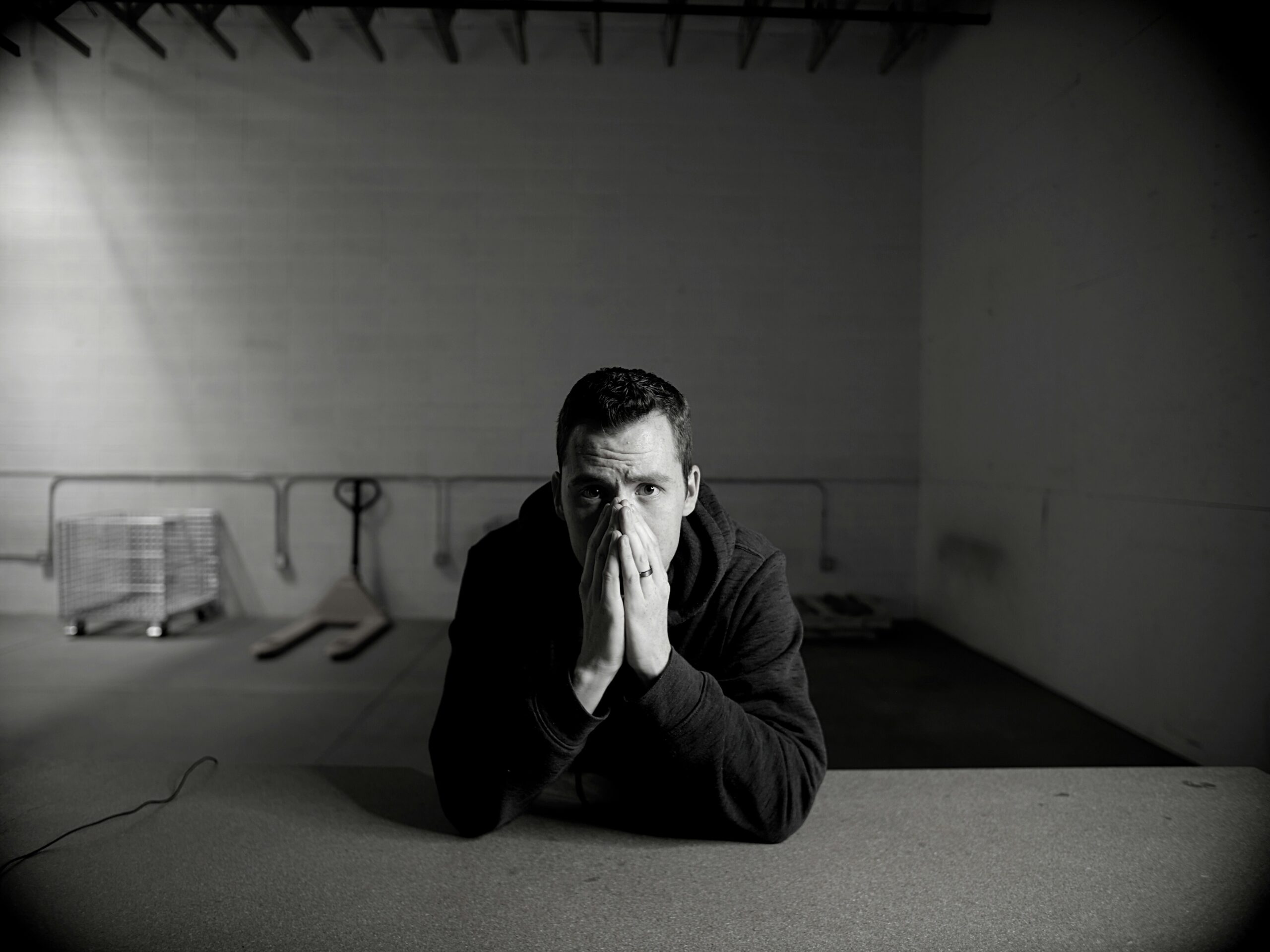Our therapists are here to help.
Get started today by booking a session.
Get in touch with our therapists today
Call: (408) 872-8796
Need to talk to a therapist? contact us by phone, email, or schedule a session online with our booking tool.
Schedule Online
Counseling & Therapy in San Jose, CA
You don’t have to continue feeling this badly. And you don’t have to figure out the solution alone.
We help people thrive in tough times with counseling and therapy.
Start healing today.
Offering virtual and in-person sessions.
Our Specialties
Marriage & Couple's Counseling
Couples therapy in San Jose to navigate whatever life throws at you in a safe and constructive setting.
Infidelity/Affair Counseling
Talk privately with a therapist that specializes in relationship therapy.
Couple's Infidelity Counseling
Move forward in a supportive environment with your partner and a relationship specialist.
OCD Therapy
Therapy for obsessive compulsive disorder. CBT and ERP focusing on breaking the cycle of compulsive actions and intrusive thoughts.
Anxiety Therapy
If you're experiencing crippling anxiety we can help you find methods to reduce your anxiety and live a less stressful life.
Depression Therapy
If you're feeling stuck we can help you find ways to experience an improved quality of life.
Teen Counseling
Adolescent therapy & teen Counseling in San Jose, CA. Get help with anxiety, depression, anger, relationship problems & more.
Postpartum Anxiety & Depression Therapy
Counseling for pregnancy, infertility, new parents, new mothers, miscarriages, and couples transitioning to parenthood.
How We Help:
You're looking for answers, we have solutions.
Step 1
Book an appointment online
Tap on that big blue “Book Appointment button. We’ll be notified right away and follow up to confirm your appointment.


Step 2
Get matched with one of our therapists
Our therapists specialize in different fields. From infidelity to depression. We’ll be sure to match you with your best fit.
We're a group of therapists who specialize in helping people heal.
Whether you come as an individual or a couple, or sending your teen who’s struggling, we’ll help you get unstuck and start moving forward again.
We’ve provided treatment and relief for many people in the Los Gatos and greater San Jose area who were recovering from the crisis of infidelity, relationship issues, or trauma. We’re experts at recognizing the pain and we know how to help you find relief.
We’ve also helped people find a different, more intentional way of living. Living with chronic anxiety or depression is a living a life less-colorful. We help people find the clarity and confidence to brighten their lives.
You don’t have to continue feeling this badly. And you don’t have to figure out the solution alone.
We help people thrive in tough times with counseling and therapy.
Call us and let’s talk. Start healing today.





